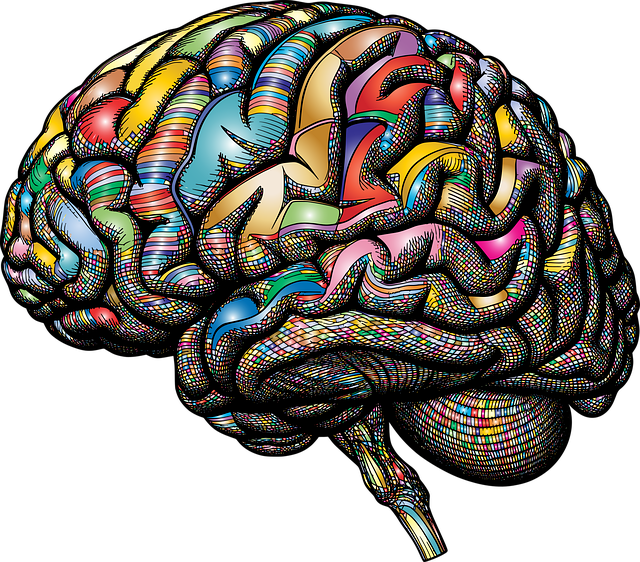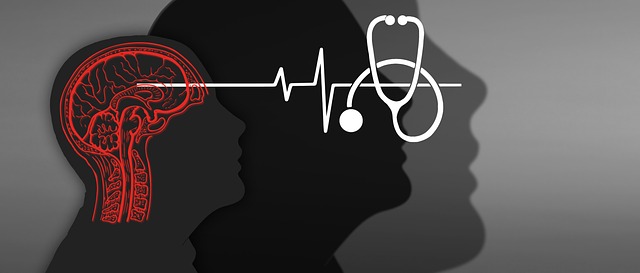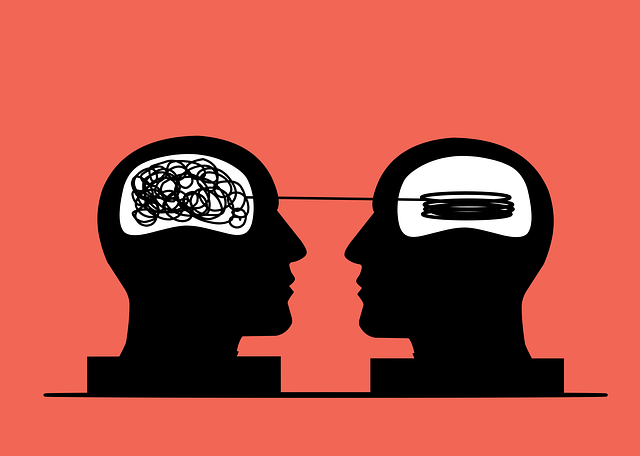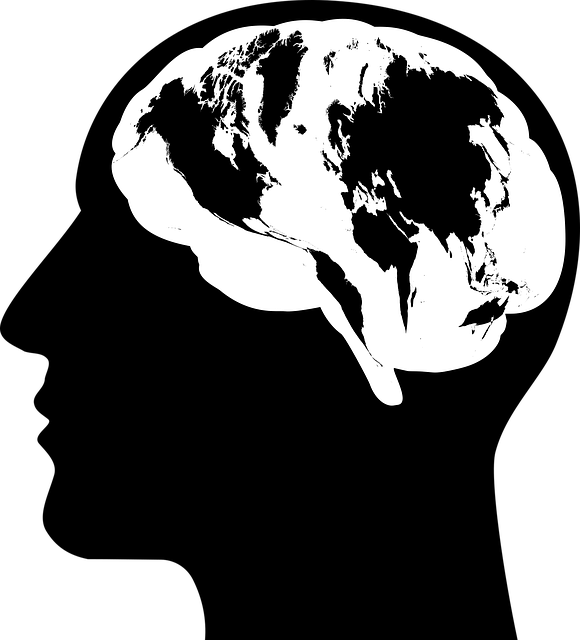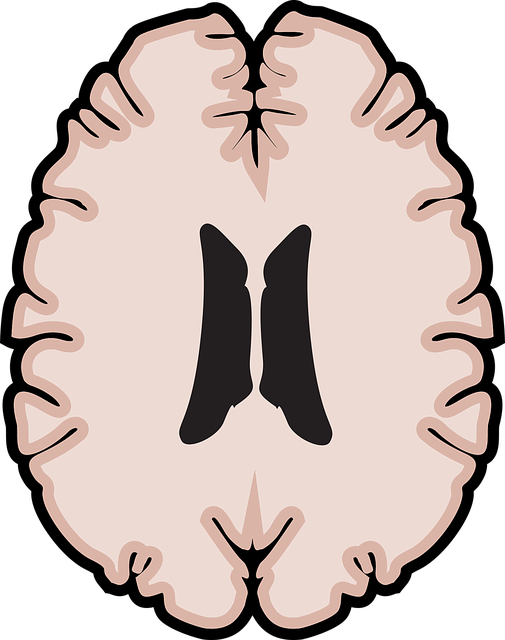In Littleton's diverse society, cultural sensitivity is vital for effective therapy during major life transitions. The Littleton Major Life Transitions Therapy (LMTT) program recognizes that cultural context influences how individuals from various backgrounds experience mental health issues. Therapists must tailor their approaches, using inclusive language and active listening to avoid assumptions. By acknowledging and addressing unique cultural impacts on emotional expression and distress, LMTT enhances therapeutic outcomes and promotes accessible, effective mental healthcare for everyone, regardless of background.
In today’s diverse society, cultural sensitivity is a cornerstone of effective mental healthcare. Understanding and navigating different cultural backgrounds is essential for providing compassionate and competent therapy. This article explores these key areas, focusing on strategies for culturally competent practice through the lens of the Littleton Major Life Transitions Therapy Approach. By delving into these topics, we aim to enhance therapeutic outcomes and foster inclusive care for all clients.
- Understanding Cultural Sensitivity: A Cornerstone of Effective Therapy
- Navigating Diverse Backgrounds: Challenges and Opportunities in Mental Healthcare
- Strategies for Culturally Competent Practice: The Littleton Major Life Transitions Therapy Approach
Understanding Cultural Sensitivity: A Cornerstone of Effective Therapy

Understanding cultural sensitivity is paramount in mental healthcare, as it forms the cornerstone of effective therapy. In a diverse society like Littleton, where individuals from various backgrounds experience major life transitions, therapists must be adept at navigating cultural nuances to provide compassionate and competent care. This involves recognizing and respecting different beliefs, values, and practices that shape clients’ emotional healing processes. For instance, what constitutes self-care practices can vary significantly across cultures, influencing how individuals cope with stress and regulate their emotions during therapy.
By embracing cultural sensitivity, therapists foster an inclusive environment where clients feel seen, heard, and understood. This approach not only enhances therapeutic outcomes but also promotes emotional regulation by addressing the unique needs of each individual. Recognizing and adapting to these cultural differences can revolutionize mental healthcare, making it accessible and beneficial for everyone seeking support during major life transitions, regardless of their background or identity.
Navigating Diverse Backgrounds: Challenges and Opportunities in Mental Healthcare

Navigating diverse backgrounds is a unique challenge and opportunity in mental healthcare. With an increasingly multicultural society, understanding and respecting varied cultural perspectives becomes paramount for effective therapy. The Littleton Major Life Transitions Therapy program, for instance, recognizes that individuals from different ethnic, racial, and socioeconomic backgrounds may experience mental health issues uniquely. This requires therapists to be adept at tailoring their approach, considering not just the individual’s presentation but also their cultural context.
Community Outreach Program Implementation plays a crucial role in bridging this gap. By reaching out to diverse communities with tailored services, mental healthcare providers can foster trust and accessibility. Effective communication strategies are essential here; therapists must learn to listen actively, avoid assumptions, and use inclusive language. Moreover, addressing mood management and employing evidence-based practices that account for cultural nuances can significantly enhance the therapeutic experience for these individuals.
Strategies for Culturally Competent Practice: The Littleton Major Life Transitions Therapy Approach

The Littleton Major Life Transitions Therapy (LMTT) approach offers a framework for culturally competent mental healthcare practice. This therapeutic model recognizes that individuals from diverse cultural backgrounds experience and express emotional distress differently, requiring tailored interventions. LMTT emphasizes understanding a client’s cultural context, values, and beliefs to create a safe and supportive environment. By incorporating cultural sensitivity into therapy sessions, mental health professionals can effectively address complex issues such as depression prevention and conflict resolution techniques.
This approach guides practitioners through essential steps in risk assessment for mental health professionals, ensuring they are equipped to handle cultural nuances in their practice. Through LMTT, therapists learn to adapt their strategies while respecting clients’ identities, promoting healing, and fostering meaningful relationships. By integrating these practices, mental healthcare becomes more accessible and effective, meeting the unique needs of a diverse population.
Cultural sensitivity is a vital aspect of mental healthcare, ensuring effective and equitable treatment for all. By understanding diverse cultural backgrounds and implementing strategies like the Littleton Major Life Transitions Therapy approach, therapists can create a safe and supportive environment. This not only enhances patient outcomes but also fosters a more inclusive and accessible mental health system, addressing the unique needs of diverse communities.
